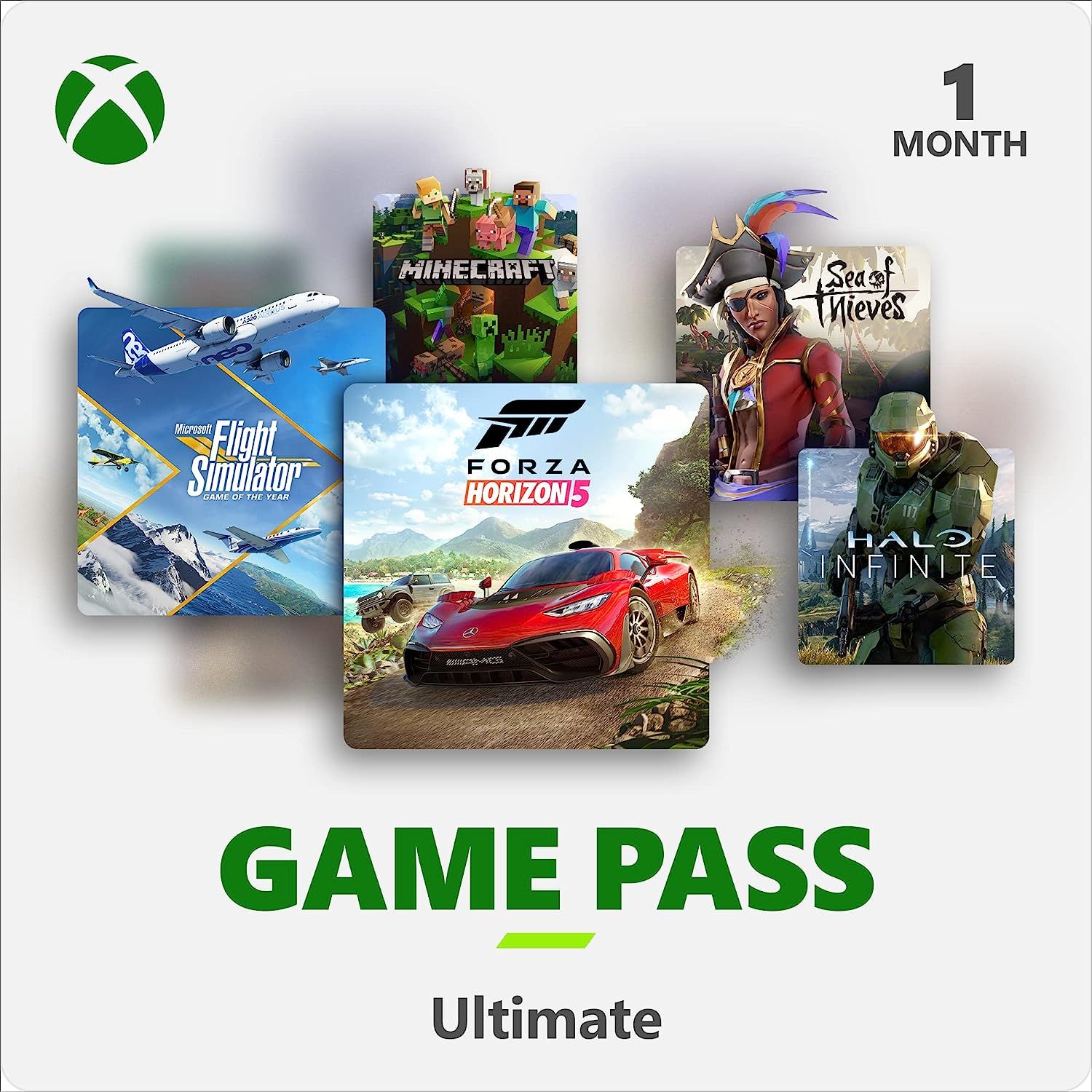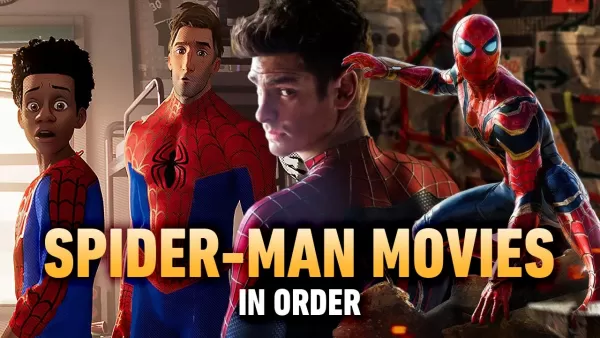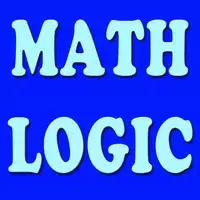Xbox Game Pass: A Double-Edged Sword for Game Developers
Xbox Game Pass, while offering gamers a compelling value proposition, presents a complex challenge for game developers and publishers. Industry analysis suggests that including a game in the subscription service can lead to a substantial decrease—up to 80%—in premium game sales, directly impacting developer revenue.
This isn't a new revelation. Microsoft acknowledges that Xbox Game Pass can indeed cannibalize sales. This is especially significant given Xbox's current market position, trailing behind PlayStation 5 and Nintendo Switch in console sales. While Xbox Game Pass has been a key factor in mitigating this, its long-term viability and impact on the industry remain a subject of debate.
Gaming business journalist Christopher Dring highlighted the potential downsides of Game Pass in a recent interview. He emphasized the significant sales loss that developers face when their games are included in the subscription. He cited Hellblade 2 as an example, a title that, despite strong Game Pass engagement, underperformed initial sales expectations.
However, the impact isn't entirely negative. Dring also noted a potential upside: games featured on Xbox Game Pass might see increased sales on other platforms, like PlayStation. This is attributed to increased exposure and trial opportunities for gamers who might not otherwise purchase the game outright. The service can also boost the visibility of indie titles, although it simultaneously makes it harder for non-Game Pass indie games to compete on the Xbox platform.
The growth trajectory of Xbox Game Pass itself has been uneven. While the launch of Call of Duty: Black Ops 6 on the service resulted in a record number of new subscribers, overall subscriber growth has slowed considerably in late 2023. The long-term effects of this subscription model on both the gaming industry and Microsoft's own strategy remain uncertain.
 $42 at Amazon $17 at Xbox
$42 at Amazon $17 at Xbox









